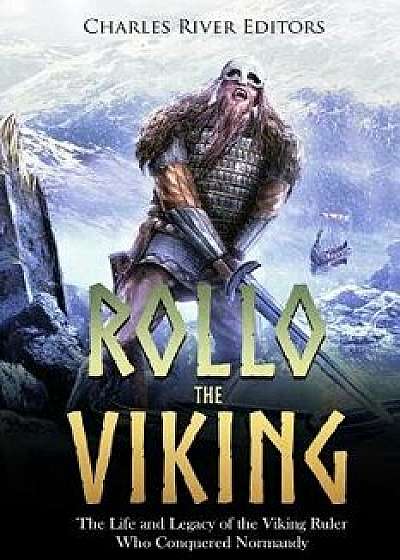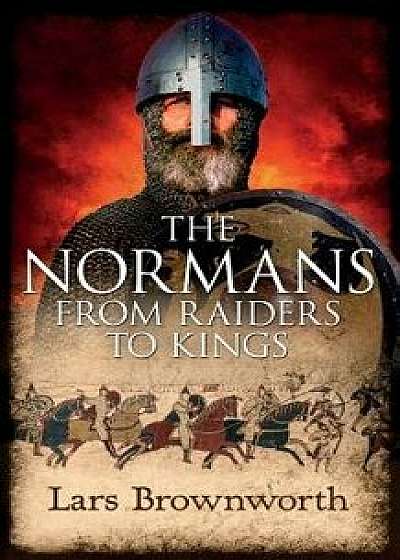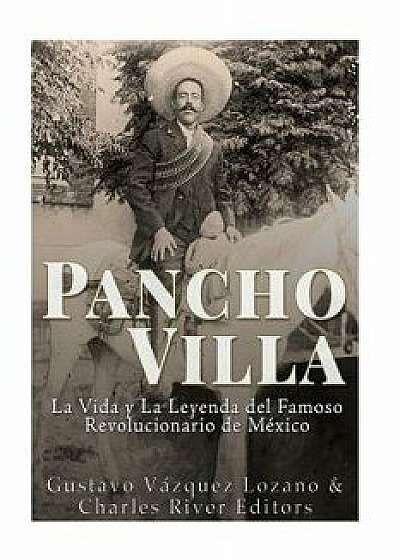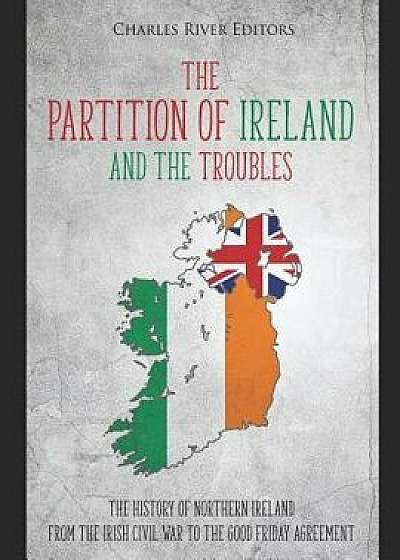
Rollo the Viking: The Life and Legacy of the Viking Ruler Who Conquered Normandy, Paperback/Charles River Editors
Descriere
Description Includes pictures Includes online resources and a bibliography for further reading "A cowardly man thinks he will ever live, if warfare he avoids; but old age will give no peace, though spears may spare him." - old Norse proverb from the Viking Age In the autumn of 1911, an eye-watering mass of French citizens gathered around a churchyard in the heart of Rouen to celebrate the millennial anniversary of Normandy. A suspenseful hush fell over the congregation as a city official strode to the front of the crowd, placing his hands upon the large cloth draped over the mysterious statue. With a flick of his wrists, he unveiled an exquisite marble effigy of a handsome warrior, depicted with curly locks and a lush beard, with one hand wrapped around the handle of his sheathed sword as he gazed into the distance. The statue was of none other than Rollo the Viking, father of the Duchy of Normandy. Over the centuries, the West has become fascinated by the Vikings, one of the most mysterious and interesting European civilizations. In addition to being perceived as a remarkably unique culture among its European counterparts, what's known and not known about the Vikings' accomplishments has added an intriguing aura to the historical narrative. Were they fierce and fearsome warriors? Were they the first Europeans to visit North America? It seems some of the legends are true, and some are just that, legend. The commonly used term, Viking, for the trading and raiding peoples of Scandinavia may have originated from Viken (the large bay leading to Oslo), or it may have come from the Old Scandinavian words Vikingr (sea warrior) or Viking (expedition over the sea). The people from the north were known in Western Europe at the time as Northmen or Danes, in England as Danes or pagans and in Ireland as Finngall for those of Norwegian origin and Dubgall for those from Denmark. In the east, in Russia and in the Byzantine Empire, the Scandinavians were called Vaeringar or Varyags (











